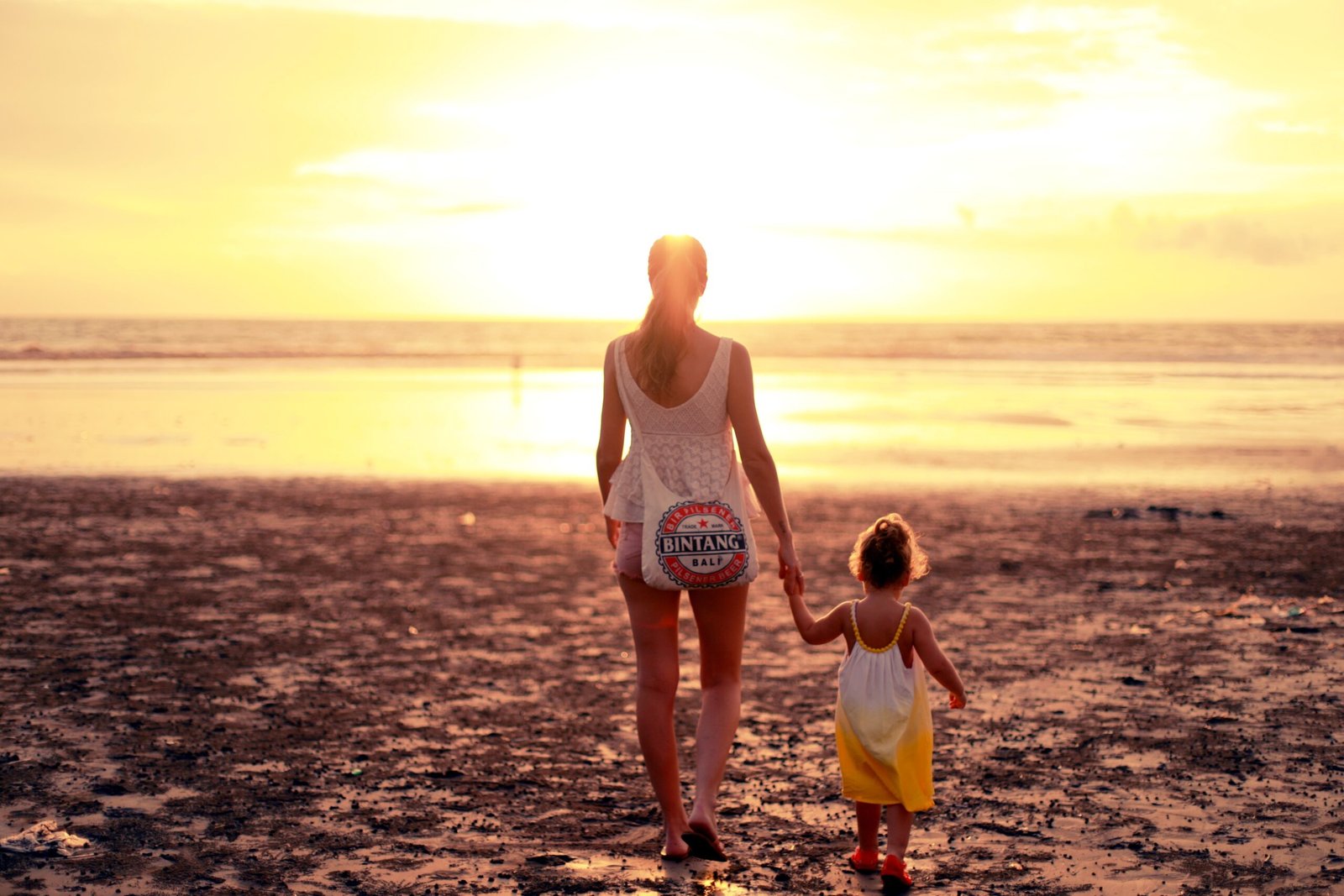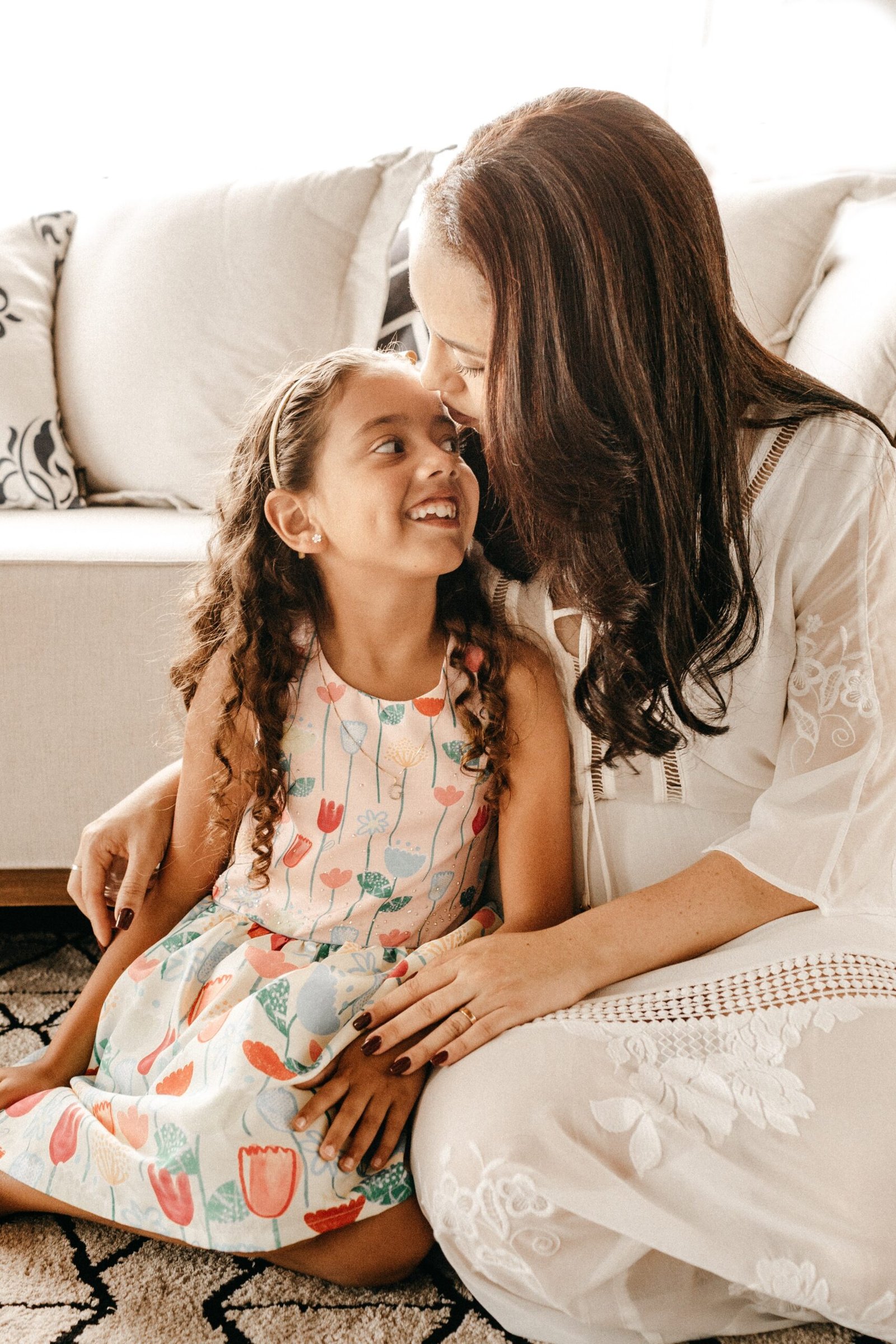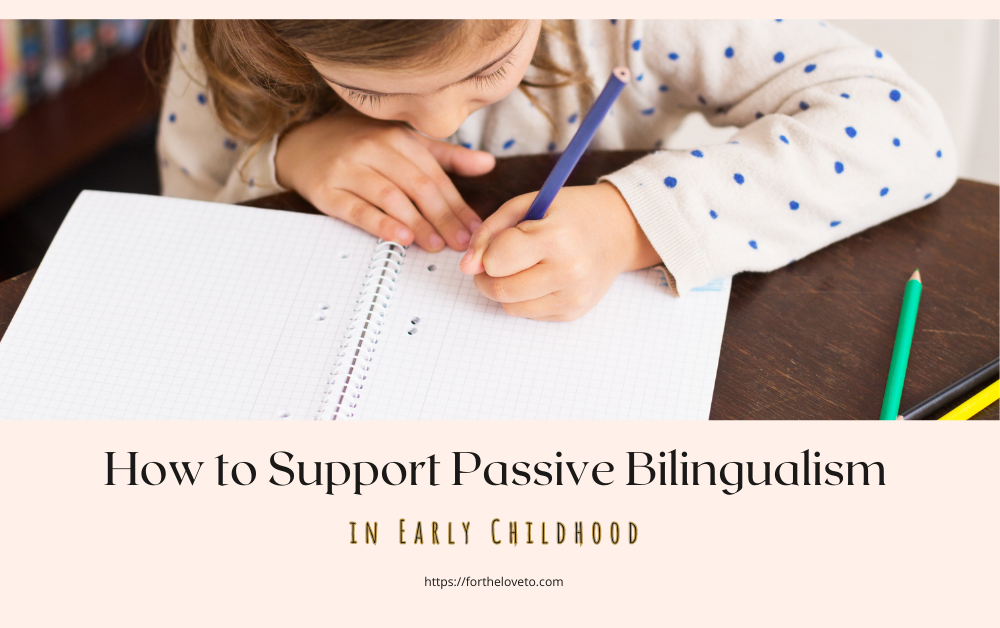As a mother, I always knew that I wanted my children to grow up bilingual, embracing the concept of Passive Bilingualism. My husband and I come from the same cultural backgrounds, and we both speak Spanish fluently. We believe that being bilingual can provide our children with many advantages in life. But we have also heard so many horror stories from moms having a hard time with their babies getting them to learn a second language. We didn’t even think so much about it. We just did. That’s why I decided to share how to support Passive Bilingualism in early childhood, helping your children embrace language diversity effortlessly.
Bilingualism Can Make Your Child Stand Out
Firstly, being bilingual opens doors for better job opportunities. In today’s global economy, companies are looking for employees who can speak more than one language. Knowing multiple languages can make your child stand out when they enter the workforce. Not only does it make them more marketable to employers but it also helps them connect with diverse people in their community.

The Benefits of Raising Bilingual Children
It allows our children to communicate with family members who speak a different language fluently. Our family is spread across the world; some live in countries where English isn’t commonly spoken as a first language. Raising our children bilingually allows them to learn about their heritage right from the root.
When my firstborn was born we had a very clear vision of what was our main priority. Teaching him Spanish the best we could was our lifelong gift to him.
Getting Started: Tips for Introducing a Second Language at Home
We used our primary resource first. Talk, we talk a lot. We also watched Spanish TV, played, danced, and did as much as he wanted all while speaking Spanish. It was the easiest for him to learn without forcing him or making him uncomfortable. Everything was part of his normal day-to-day.

If you’re considering adding a second language to your family’s routine, here are some tips that have worked well for us:
- Start early: The earlier you start exposing your child to a new language, the better! Even if they don’t understand everything right away, their brains are sponges and will soak up the information over time.
- Make it a regular part of your day: Incorporate the new language into daily routines like meals or bedtime stories. Use every opportunity you have to speak together.
Also Read The Ultimate Guide To Teaching Your Child To Read
Our Priority Has Always Been To Teach Our Kids Spanish
Now, my son is 19 years old and he speaks fluent Spanish, sometimes I think he can even speak better than me. We are very proud of him!!!.
Speaking with him now, he tells me how Passive Bilingualism played a significant role in his upbringing. He never felt confused, understanding from the start that in school he speaks English and at home Spanish – it was entirely normal for him. Now, that he is big enough to grasp the importance of Spanish in his life and the opportunities that being bilingual will open for him, he is glad and thankful that we took the time to teach him a second language.
Now with our daughter, we are doing exactly the same as we did with our son. Just… having fun. !!!


Thank you for supporting my blog! Please note that this post contains affiliate links, and I may receive payments for clicks, purchases, and/or registrations made through these links. It’s important to mention that ForTheLoveTo.com is a proud participant in the Amazon Services LLC Associates Program, an affiliate advertising program designed to provide a means for sites to earn advertising fees by advertising and linking to Amazon.com. Your support enables me to continue creating valuable content, and I genuinely appreciate it.




I looked after a child who was bi lingual when I was working as a registered child minder, mum spoke the foreign language and dD the English #alittlebitofeverything
Let me start off by saying what a beautiful family you have it’s great how you raise your kids key word is Fun , I like your quote anything is possible if you put your mind to it thanks for sharing
That’s great that you are raising your kids to be bilingual. My Bachelor’s degree is in Spanish and I love speaking the language around the house to he kids. It’s been a long time since I’ve spoken it regularly but I guess you could say I’m fluent. Thanks for sharing!
It is never too late to learn anything you put your mind to. Thank you for the comment .
I wish I was bilingual. I speak “holiday” Spanish as my family emigrated there 15 years ago. I’d love to be able to teach the children a foreign language.
Well done on teaching your kids a second language. I’m hoping to do the same for my LO. 🙂 #AnythingGoes